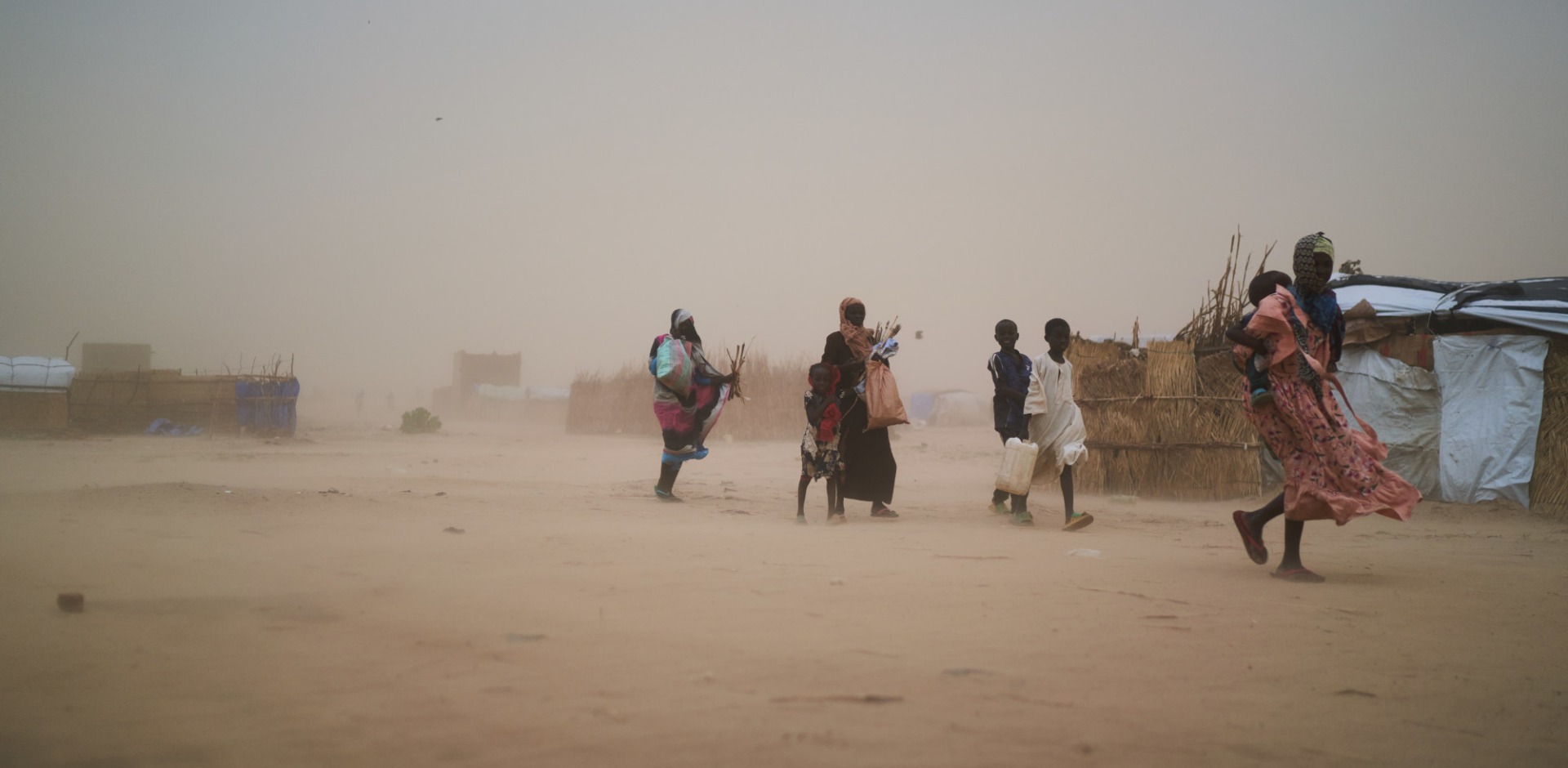
FAMINE IN SUDAN
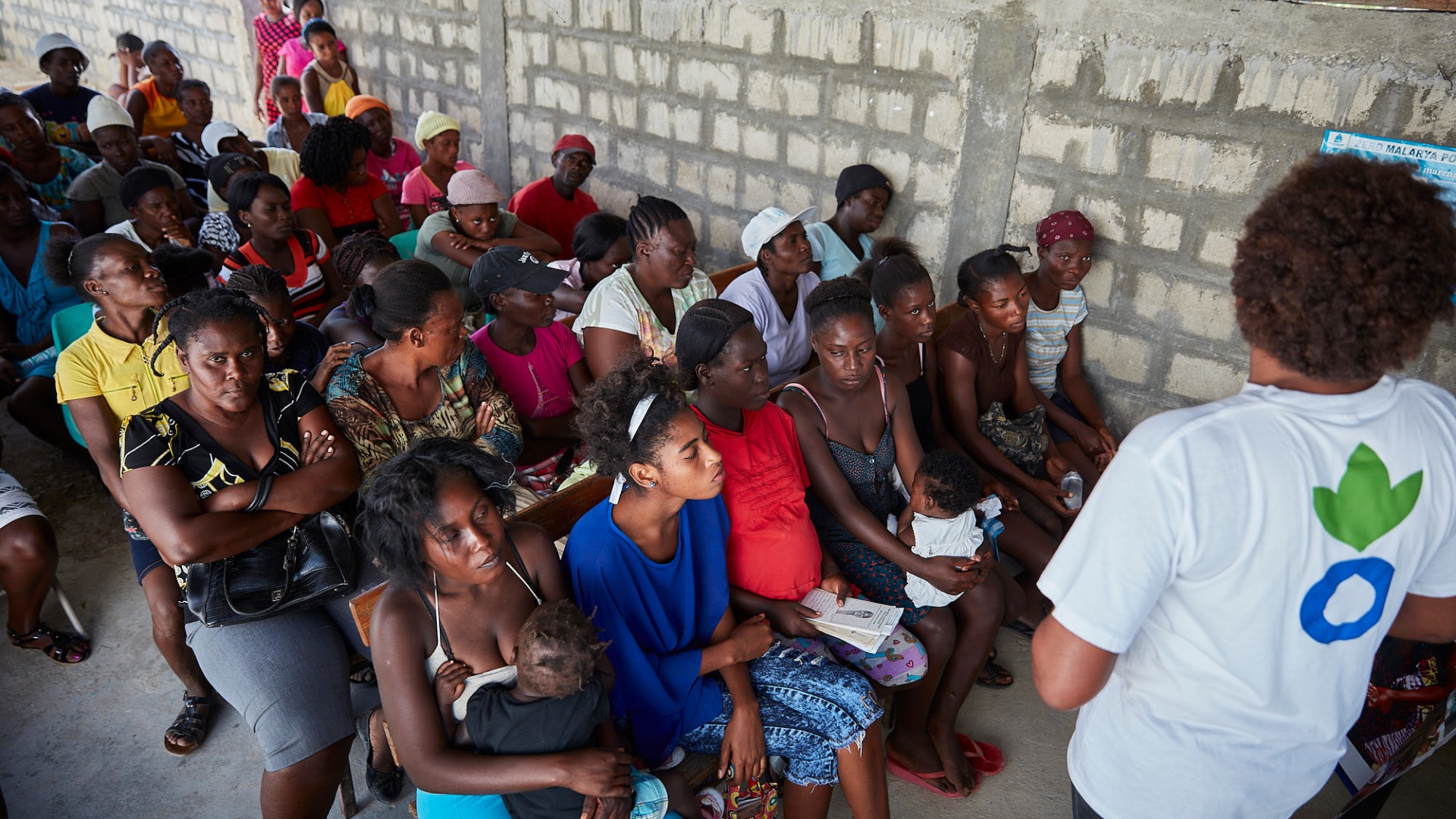
Over the past several years, the global hunger and food security situation has deteriorated alarmingly, driven mainly by climate change, conflicts and economic shocks. As outlined in the 2023 Global Humanitarian Needs Overview, countries including Ethiopia, Somalia, South Sudan, and Yemen are facing catastrophic levels of hunger. Women are more likely to be affected by hunger, with 32% of women in the world being moderately or severely food insecure in 2021, compared to 28% of men.
At the same time, geopolitical tensions, notably the war in Ukraine, have caused the global nutrition context to devolve even further, particularly in countries such as Yemen that are highly dependent on imports of Ukrainian grain. Yemen is considered one of the worst humanitarian crises with about 7.6 million children and pregnant and lactating women (PLW) in need of nutrition support, as per the IPC Acute Malnutrition Analysis.
For two decades, forced displacement has continued to increase worldwide. According to the Global Humanitarian Needs Overview, at the end of 2021, the total number of IDPs had reached a record of 59.1 million – with 53.2 million displaced by conflict and violence, and 5.9 million displaced by disaster. Four countries are home to nearly half of the 53.2 million Internally Displaced Persons (IDPs) by conflict and violence worldwide (Colombia, Democratic Republic of the Congo, Syria, Yemen). Colombia is the country hosting the largest number of refugees and migrants from Venezuela in the Americas (2.48 million), with a 20% increase in refugees and migrants projected in 2023, reinforcing the pressure on humanitarian assistance. In DRC, armed violence has forced over 5.53 million people to internally displace, especially in the North Kivu and Ituri provinces, significantly deteriorating the overall humanitarian situation.
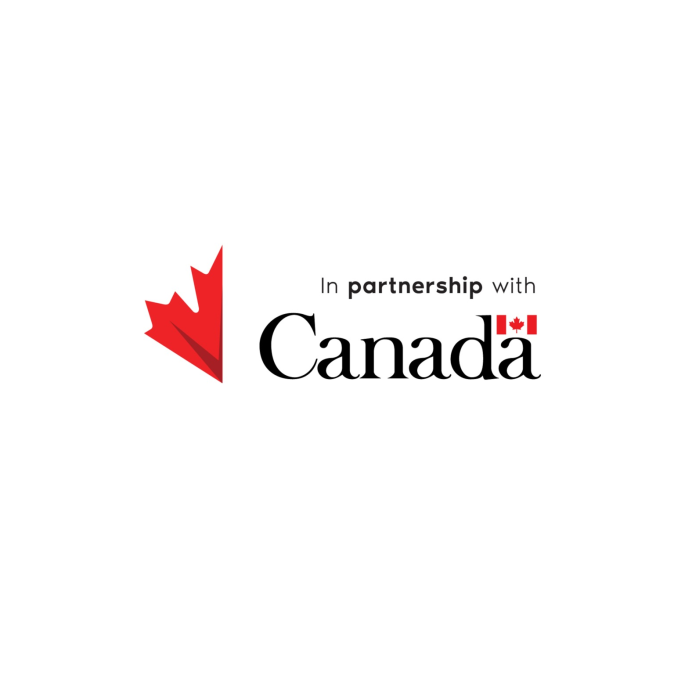
With the support of Global Affairs Canada (GAC), Action Against Hunger provides emergency life-saving humanitarian assistance to people in need impacted by natural disasters and armed conflicts. Our specialized teams are responding to urgent needs all throughout the world, with a special focus on the most vulnerable and hard-to-reach communities. In 2022, Action Against Hunger received support from GAC for Humanitarian programming in over 15 countries in Africa, Asia, Latin America, and the Middle East, benefitting more than 1,000,000 people in need, 64% of them being women.
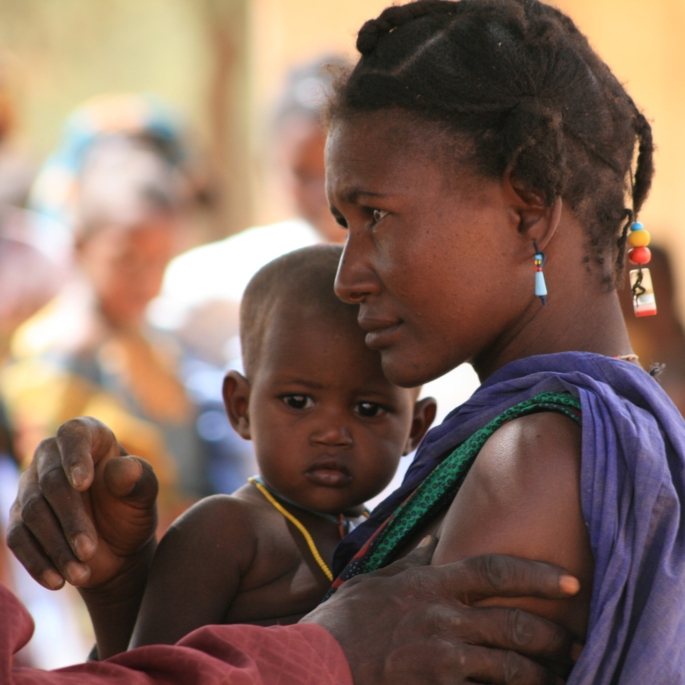
Action Against Hunger focuses on providing emergency food assistance to those in immediate need, by prioritizing the detection, treatment, and prevention of malnutrition, especially among children under five years old, by delivering life-saving therapeutic care and supporting programs that improve maternal and child health, to ensure fetal and child nutrition and development through adequate food and nutrient intake, feeding, caregiving and parenting practices, and lowering burden of infectious diseases.
Through mobile clinics or by supporting local health facilities, Action Against Hunger ensures reaching the most vulnerable communities. In 2022, through our GAC-supported programming more than 540,000 girls, boys and pregnant and lactating women were screened and referred for acute malnutrition, 95,000 of them receiving direct lifesaving treatments.
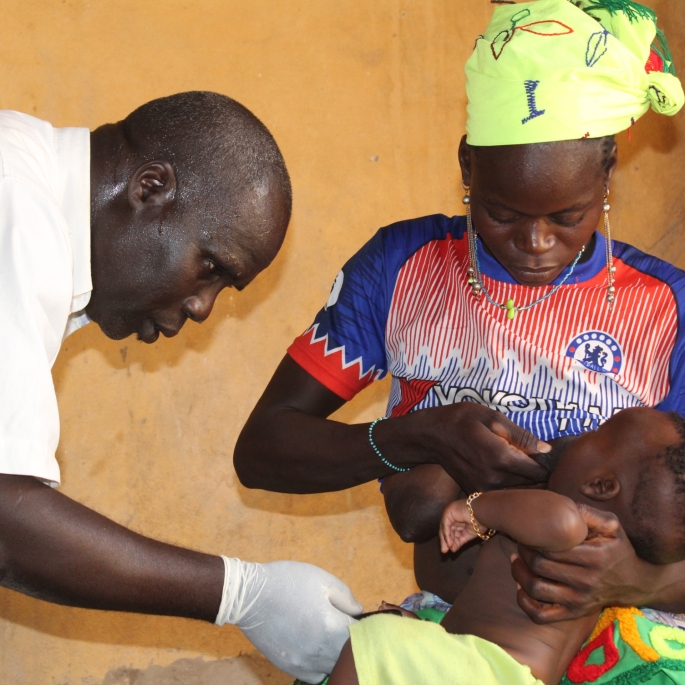
Action Against Hunger plays a crucial role in emergency response, providing rapid assistance, including medical support, sexual and reproductive health care and mental health services to those affected by crises. Our GAC-supported programming in 2022, provided 100,000 adolescent girls and women with essential gender responsive sexual, reproductive, and maternal health services, focusing on family planning, prenatal assessment, safe childbirth, and post-natal follow-up.
Action Against Hunger also provides essential complementary Mental Health and Psychosocial Support (MHPSS), linking key health and protection concerns, which includes psychosocial support and psychological first aid provided for conflict-affected populations, including GBV and protection referral services oriented to reduce post-traumatic stress caused by the effects of the migration, family separation, scarcity of resources, food insecurity, forced displacement, violence and conflict.
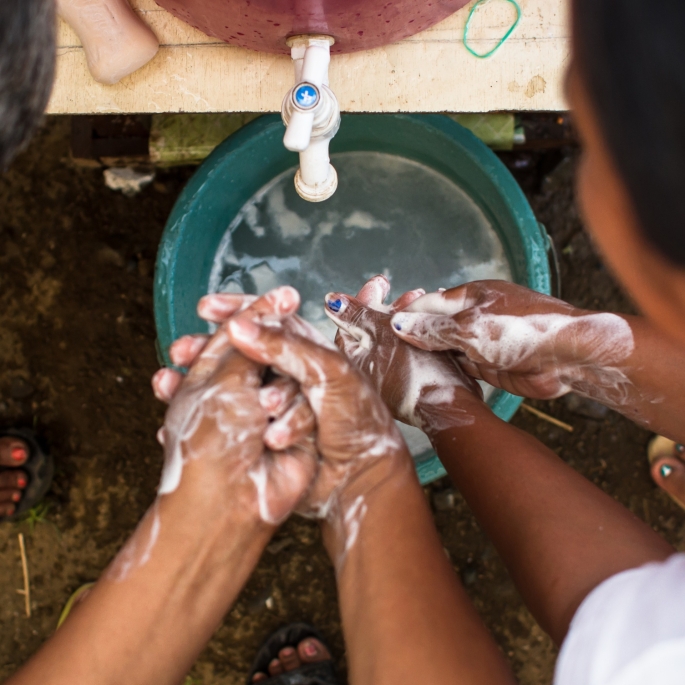
Access to safe drinking-water, sanitation and hygiene services is a fundamental element of healthy communities and has an important positive impact on nutrition. Action Against Hunger addresses Water Sanitation and Hygiene (WASH) issues by implementing programs that establish clean water sources, construct or rehabilitate sanitation facilities, promote hygiene education and practices, and create behavioral change in communities. These efforts help prevent waterborne diseases, reduce child mortality rates, and improve overall quality of life, and especially for women benefitting from dignified hygiene practices. Our GAC-supported programming in 2022 provided 35,000 people with safe drinking water, and 78,000 women, men, girls, and boys received gender-sensitive hygiene and Menstrual Hygiene Management kits.